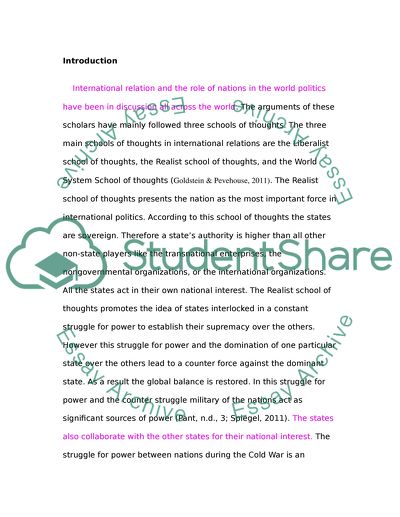Cite this document
(“IR theorists specifically in the realist school have emphasized the Essay”, n.d.)
Retrieved from https://studentshare.org/environmental-studies/1423196-ir-theorists-specifically-in-the-realist-school
Retrieved from https://studentshare.org/environmental-studies/1423196-ir-theorists-specifically-in-the-realist-school
(IR Theorists Specifically in the Realist School Have Emphasized the Essay)
https://studentshare.org/environmental-studies/1423196-ir-theorists-specifically-in-the-realist-school.
https://studentshare.org/environmental-studies/1423196-ir-theorists-specifically-in-the-realist-school.
“IR Theorists Specifically in the Realist School Have Emphasized the Essay”, n.d. https://studentshare.org/environmental-studies/1423196-ir-theorists-specifically-in-the-realist-school.


